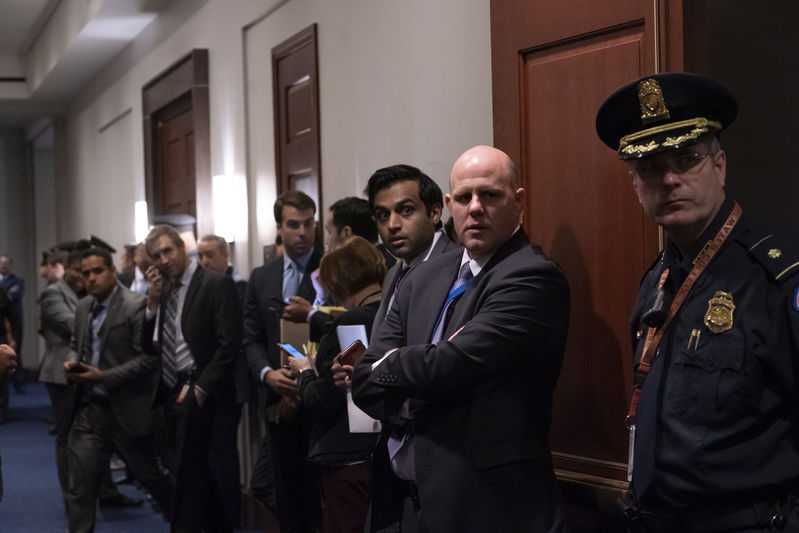Trump poised to sign $8.3 bil. antivirus bill
07 March, 2020

U.S. President Donald Trump is certainly expected to sign an $8.3 billion measure to greatly help tackle the coronavirus outbreak. The legislation would give federal public health agencies cash for vaccines, tests and potential procedures, and help status and local governments plan and react to the threat.
The Senate passed the measure Thursday to greatly help tackle the outbreak in hopes of reassuring a fearful public and accelerating the government’s response to the virus. Its rapid pass on is usually threatening to upend day-to-day lifestyle in the U.S. and across the globe.
The money would pay for a multifaceted attack on a virus that's spreading more widely every day, sending financial market segments spiraling again Thursday, disrupting travel and potentially threatening the U.S. economy’s decade-long expansion.
Thursday’s sweeping 96-1 vote sends the bill to the White House for Trump’s signature. Sen. Rand Paul, R-Ky., cast the sole “no” vote. The House passed the costs Wednesday by a 415-2 vote.
The plan would a lot more than triple the $2.5 billion amount outlined by the White House 10 days ago. The Trump proposal was immediately discarded by users of Congress from both celebrations. Instead, the bipartisan leadership of the home and Senate Appropriations committees negotiated the heightened figure and various other provisions of the legislation in a burst of bipartisan cooperation that’s prevalent on the panel but increasingly rare somewhere else in Washington.
“In situations like this, I really believe no expense ought to be spared to protect the American persons, and found in crafting this bundle none was,” explained Appropriations Committee Chairman Richard Shelby, R-Ala. “It’s an aggressive system, a vigorous plan which has received an overwhelming positive reaction.”
Trump was absolutely sure to signal the measure, which includes almost general support. It is intended to project self confidence and calm as panic builds over the affect of the virus, which includes claimed 12 lives in the United States.
“The American people are looking for leadership and want assurance that their government is up to the duty of protecting their health and safety,” said Sen. Patrick Leahy, D-Vt.
The legislation would provide federal public health agencies money for vaccines, tests and potential treatments, including $300 million to provide such prescription drugs to those that need it. More than $2 billion would go to help federal, state and local governments plan and react to the coronavirus threat. Yet another $1.3 billion would be used to greatly help fight the virus overseas. There’s also funding to subsidize $7 billion in small company loans.
Other dollars will be directed to greatly help local officials plan the potential worsening of the outbreak and subsidize treatment by community health centers. Medicare rules would be loosened to enable remote “telehealth” consultations whereby unwell people could to acquire treatment without browsing a doctor.
Sen. Maria Cantwell, D-Wash., whose state reaches the guts of the crisis, praised the costs because it “will increase access for open public lab testing, help purchase isolation and quarantine, support pay for sanitizing in public areas areas, better monitor the virus and the ones who might come into contact with it, support labs who want to identify hot areas, and limit exposure.”
The legislation contains a hard-won compromise that aims to protect against potential price gouging by medication manufacturers for vaccines and different medicines developed with taxpayer funds. Health and Human Offerings Secretary Alex Azar could have the power to make certain commercial prices are acceptable. Azar is a past drug industry lobbyist.
Democrats said other methods may be needed if the outbreak continues to worsen.
Source: the-japan-news.com
